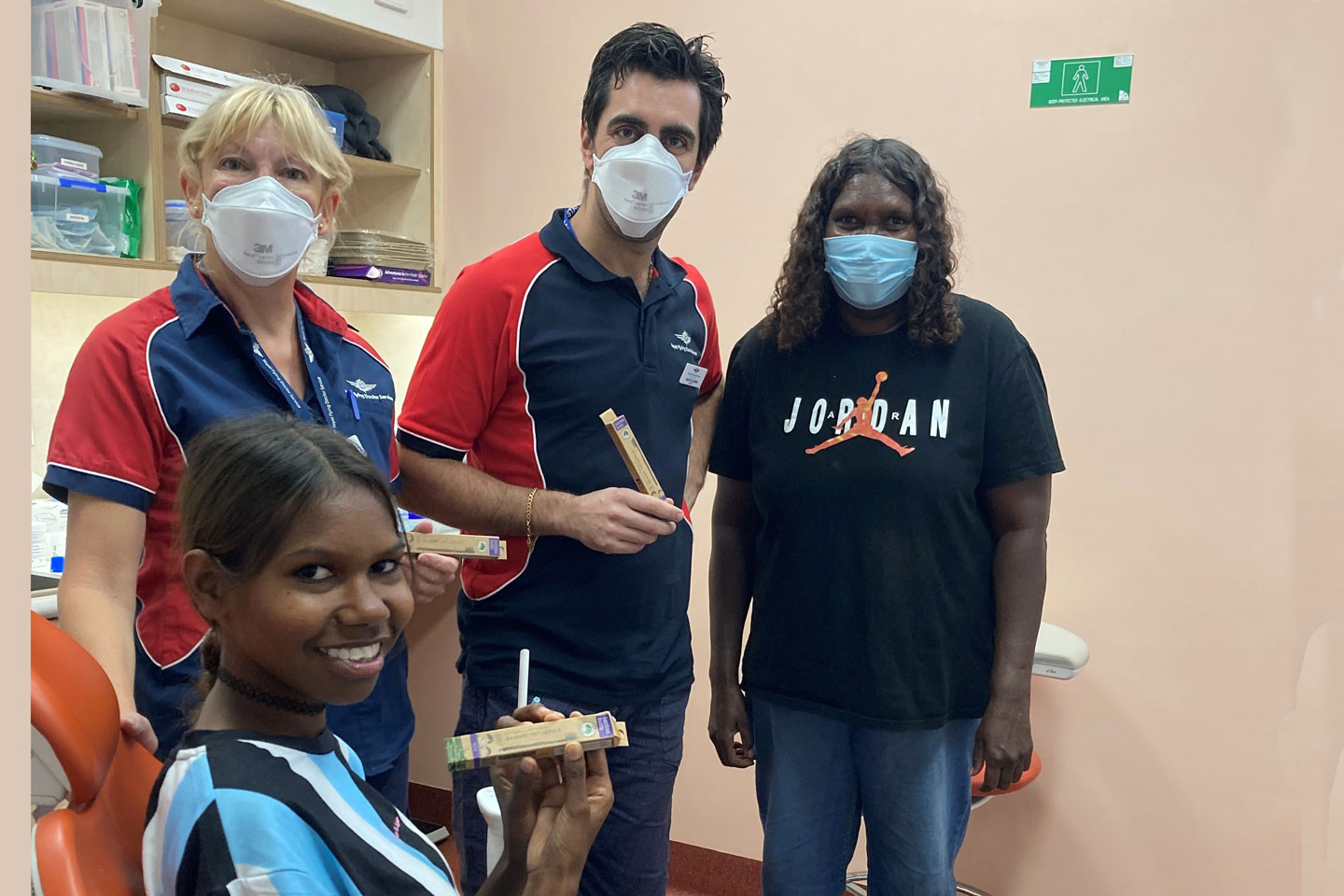One of our most iconic organisations – the Royal Flying Doctor Service – must survive at all costs. Your life may depend on it one day.


The Royal Flying Doctor Service has been an integral part of our landscape – and our skies - since it was founded by Reverend John Flynn in Queensland in 1928.
Reverend Flynn recognised that vast distances and poor communications across our massive land created intolerable difficulties for the sick or injured in the regions.
Almost 100 years on, and with extraordinary advances in technology during that time, the RFDS continues to serve a unique purpose: the ability to bring medical care to the most remote parts of Australia by integrating an airline with intensive care medical services.
Growth in the primary health area of the organisation means the RFDS helps fill the gap of providing basic GP and dental clinics in locations where it is challenging – or almost impossible – to attract medical professionals to live permanently.
“In 2022, RFDS facilitated a total of 606 GP and nursing clinics and 151 dental clinics in remote Western Australia,” RFDS WA chief executive Judith Barker said.
“This provided accessible primary care to 8,427 patients who may have otherwise found it challenging to access health services, simply because of where they choose to live.”
The public’s trust and reliance on the RFDS, particularly among those who live and work in rural areas, means community and corporate donations help to fund a constant stream of support, innovation and growth.
While the organisation receives funding from the State and Commonwealth Governments to deliver several its day-to-day services, it is fortunate that it is not at the risk of annual government budget reprioritisation.
This enables the RFDS to keep evolving to deliver its services to best match the needs of remote and rural WA at pace.
The existence of the RFDS means every corner of WA can be populated without the need for the government to build and manage vital medical services.
Importantly, for many of the organisation’s corporate sponsors, it means they can operate in rural and remote WA and rest assured that their employees can rely on the RFDS in an emergency.
In 2022, the RFDS retrieved 464 people from airstrips located at WA mining sites, underlining the essential nature of the service it offers not only to save lives but to keep the wheels of our state’s most lucrative industries turning.
As if to underline the importance of the RFDS, the organisation was announced as Australia’s Most Trusted Charity on April 27 by Reader’s Digest in its Trusted Brands’ survey of 2023.
“A patient’s trust in their medical services is vital – particularly if they are living in locations that don’t have the same access to the services enjoyed in our cities,” RFDS federation executive director Frank Quinlan said.
“That we have earned this trust in the provision of vital, emergency medical and primary health care services to rural and remote Australia gives our 2,500 staff great pride.”
The RFDS is part of Australia’s broad national health system, and works closely with governments, industry, Aboriginal medical services, primary health networks, local hospital districts, GPs and rural and remote communities.
“This Most Trusted Charity award is testament to these strong partnerships and relationships,” Mr Quinlan said.
“This also includes the wonderful ongoing efforts of first responders, local volunteers that clear and light dirt airstrips, long-serving custodians of medical chests, rural hosts for clinics, fundraisers and donors and much more.
“We thank them all for their tireless work to keep Aussies safe.”












